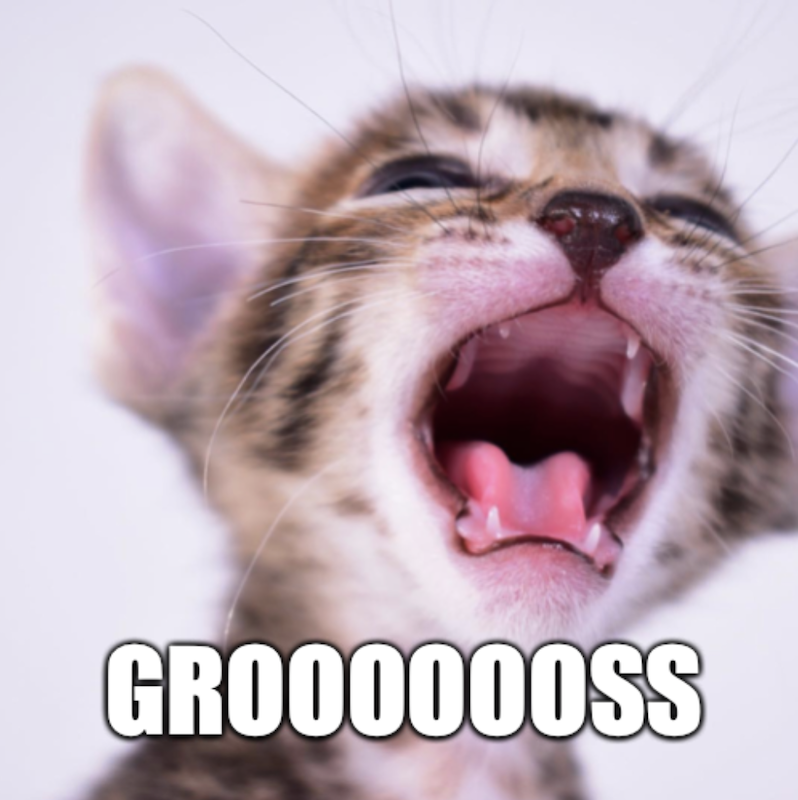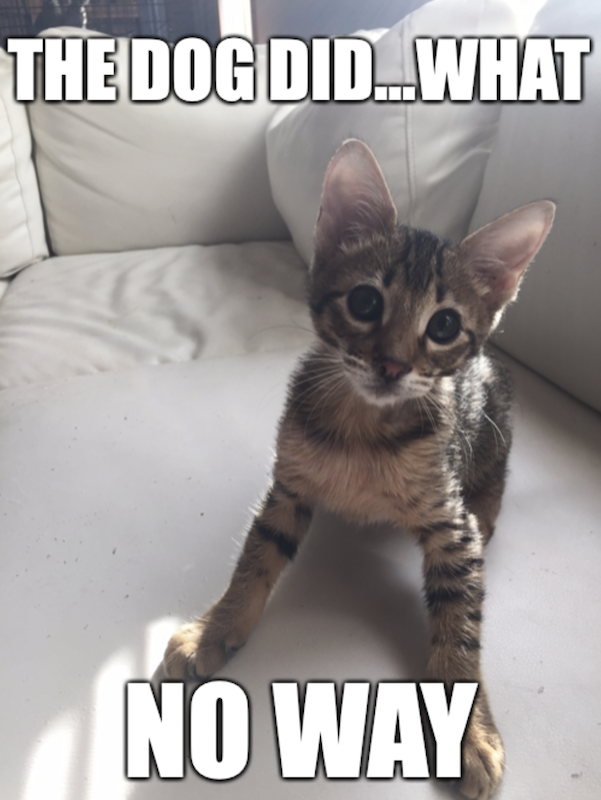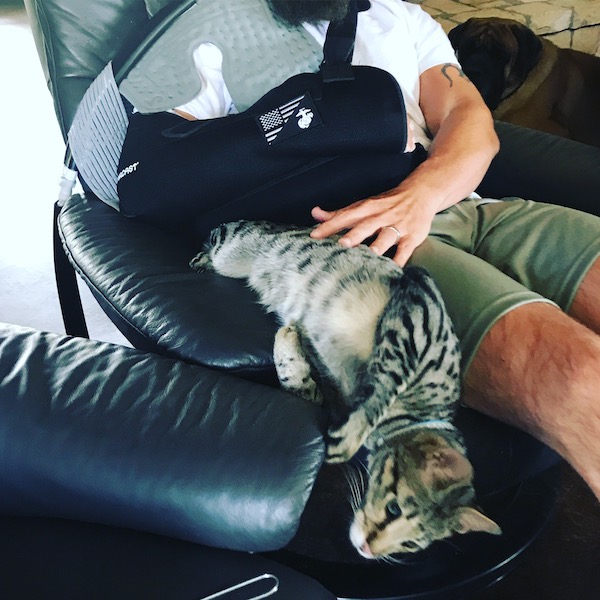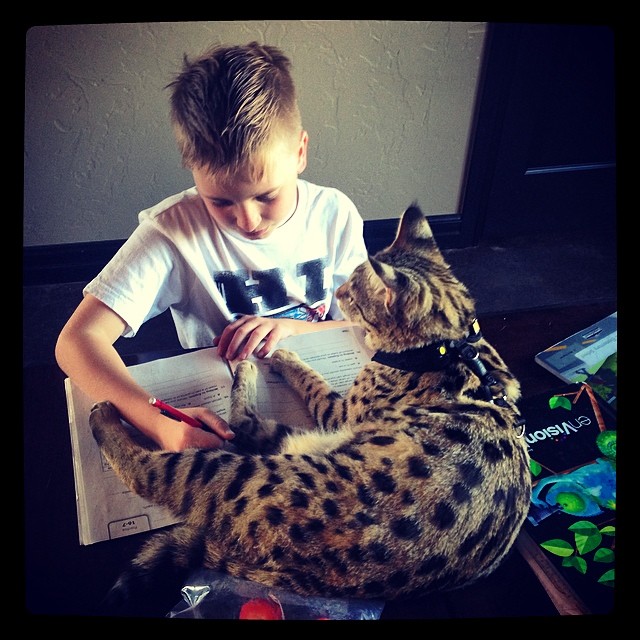Pet Insurance is really about being prepared for when your Savannah cat needs to see a vet. Pet owners want to make sure they have the best resources and care available and pet insurance can make that reality.
New research from ConsumersAdvocate.org shows exactly what types of pet insurance is the best and provides helpful information on figuring out what pet insurance company is best for you and your Savannah pet.
Whether it’s a couple of stitches for an injured paw or potentially life-threatening conditions, pet insurance provides cat owners with the peace of mind knowing that they can provide for their cat in a time of need. It’s true that pet insurance may cost you $38-70 per month, but it covers a significant portion of vet bills that can cost up to $5-$10k! Most of us can agree that we can find ways to cut back on monthly expenditures to ensure that we have the means to provide for our sick cats in times of need.
How to Choose your Pet Insurance Plan?
It's not fun going through insurance plan options trying picking the right plan for you. Understanding what factors to consider when choosing your insurance coverage is an important piece to making sure your Savannah cat has the right resources to live a healthy life (and that you’re getting what you pay for!).
Coverage Amounts
The amount of coverage is one of the most important factors to consider when selecting pet insurance. Savannah owners require a plan that has extensive coverage with few exclusions. As responsible pet owners themselves, the team at ConsumersAdvocate.org did the research to make sure pet owners are as ready as they can be for the unexpected.
Typically, there are three types of coverage: comprehensive (covers accident/illness), accidents only (covers only accidents), and wellness coverage (covers preventative care). The most common choice amongst pet owners is the comprehensive package for its affordability and extensiveness in terms of coverage.
Benefit Limits
Beyond the coverage types, the research team at ConsumersAdvocate.org suggests that the second most important factor to consider would be the benefit limits. Some plans will provide unlimited lifetime benefits, others will be capped on an annual/lifetime amount, and several are on a per-condition basis. Veterinary costs are historically trending higher, so a plan without an annual cap is the way to go these days.
Deductibles and Reimbursements
The last things to consider are deductibles and reimbursements. This plays a key part in your monthly rate. Higher deductibles would translate into lower payments per month. The types of deductibles pet insurance can offer you are the annual, per-condition lifetime, and per-condition annual deductibles.
There are also three main types of reimbursements a pet insurance company may offer you. Actual Cost means your insurance will pay you back a percentage of your Savannah’s medical bill after you have paid off your deductible. Plans that offer actual cost will give you several different percentage options to choose from. Benefit Schedules states when your pet insurance coverage will be paid back depending on the illness/procedure. Lastly, there is also the Usual and Customary, which has become less popular over the years. This reimbursement is dependant on the procedure but also considers your geographic location.
Picking a pet insurance coverage for your Savannah is a very important decision that can save you thousands of dollars and protect your pet. Make sure you do the proper research to find what is best for you.
This site did your job and listed the best cat insurance companies right here
Click on the pictures or the hyperlink to learn more.
Until our next cat convo
